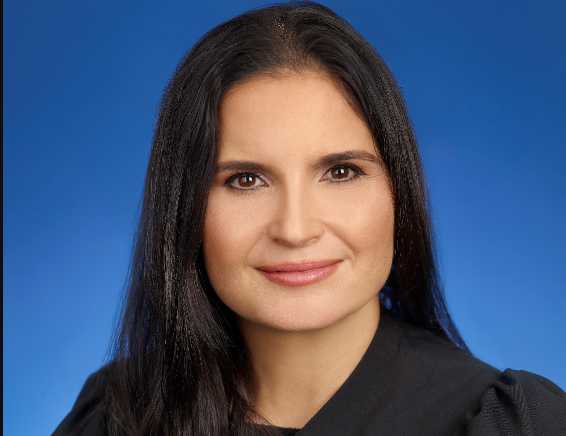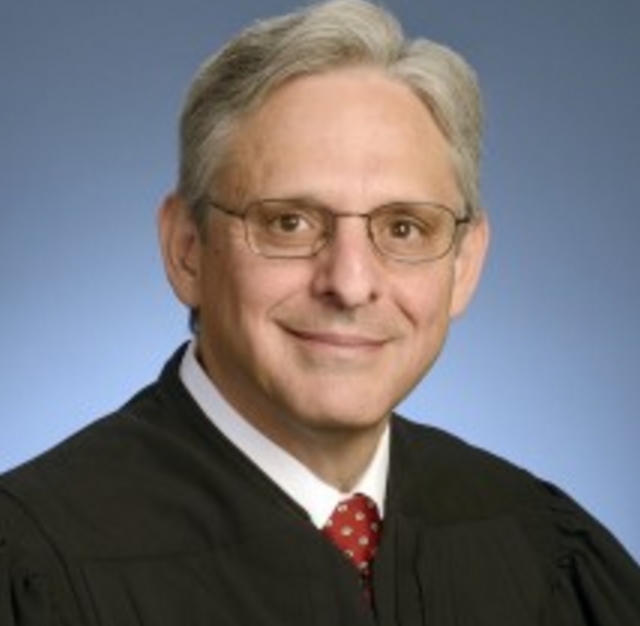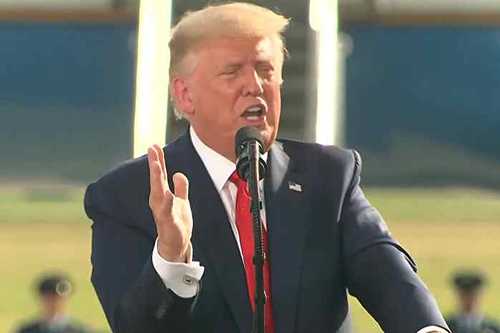“Delay is the name of the game here,” said one legal analyst. “If they can just stop the clock until January 20th, then… the attorney general will be a Trump appointee and they can kill the whole thing.”
A

ileen Cannon, a Trump-appointed federal judge in Florida, ordered the Justice Department on Tuesday to temporarily withhold from the American public special counsel Jack Smith’s final report on his investigations into the president-elect, despite questions about her authority to do so.
Cannon’s order came in response to a Monday request by President-elect Donald Trump’s longtime valet Walt Nauta and Mar-a-Lago property manager Carlos De Oliveira, who are facing charges in a classified documents case brought by Smith. Trump was also charged in the classified documents probe, but Smith dropped the case against the Republican leader after he won the 2024 presidential election.
In their filing on Monday, Nauta and De Oliveira’s attorneys called on Cannon to bar the release of Smith’s final report, even though the classified documents case is currently before the 11th Circuit Court of Appeals in Atlanta—not Cannon’s court. The Justice Department is appealing Cannon’s decision last summer to dismiss the classified documents case as the agency pursues charges against Nauta and De Oliveira.
Cannon wrote in her order Tuesday that Attorney General Merrick Garland, Smith, and other Justice Department employees are enjoined from “releasing, sharing, or transmitting” Smith’s final report or “any drafts of such report” outside the DOJ. The judge said her order would remain in effect until the 11th Circuit rules on Nauta and De Oliveira’s motion to prohibit the release of Smith’s report.
Barbara McQuade, a professor at the University of Michigan Law School, said in an appearance on MSNBC that she doesn’t believe Cannon has “any jurisdiction” over decisions surrounding Smith’s report.
“But delay is the name of the game here,” she added. “If they can just stop the clock until January 20th, then… the attorney general will be a Trump appointee and they can kill the whole thing and say, ‘There’s no report to disclose.’ So that’s the goal here.”
Speaking to reporters Tuesday just ahead of Cannon’s order, Trump claimed he didn’t “know” the Florida judge—despite appointing her—but praised her as “brilliant.”
Smith said in a filing earlier Tuesday that his office is still “working to finalize” the report on his investigations into Trump’s hoarding of classified documents and efforts to subvert the 2020 presidential election. By law, special counsels are required to submit a final report to the attorney general, who has the authority to decide whether to make the findings available to the public.
Smith said in his filing that he would not transmit his report to Garland before 1:00 pm on Tuesday, and that the attorney general would not release the findings before the morning of January 10—if at all. It’s unclear how Cannon’s order will impact Smith’s timeline.
Trump’s lawyers have demanded that Garland withhold Smith’s report entirely, claiming in a letter to the attorney general on Monday that making it public would “violate the Presidential Transition Act and the presidential immunity doctrine.”
In their letter to Garland, Trump’s attorneys—who have reviewed Smith’s confidential report in recent days—revealed that the first volume of the document states that the president-elect “engaged in an unprecedented criminal effort” and was “the head of the criminal conspiracies” surrounding the 2020 election.
Smith said in a filing earlier Tuesday that his office is still “working to finalize” the report on his investigations into Trump’s hoarding of classified documents and efforts to subvert the 2020 presidential election. By law, special counsels are required to submit a final report to the attorney general, who has the authority to decide whether to make the findings available to the public.
Smith said in his filing that he would not transmit his report to Garland before 1:00 pm on Tuesday, and that the attorney general would not release the findings before the morning of January 10—if at all. It’s unclear how Cannon’s order will impact Smith’s timeline.
Trump’s lawyers have demanded that Garland withhold Smith’s report entirely, claiming in a letter to the attorney general on Monday that making it public would “violate the Presidential Transition Act and the presidential immunity doctrine.”
In their letter to Garland, Trump’s attorneys—who have reviewed Smith’s confidential report in recent days—revealed that the first volume of the document states that the president-elect “engaged in an unprecedented criminal effort” and was “the head of the criminal conspiracies” surrounding the 2020 election.
[content id=”79272″]







